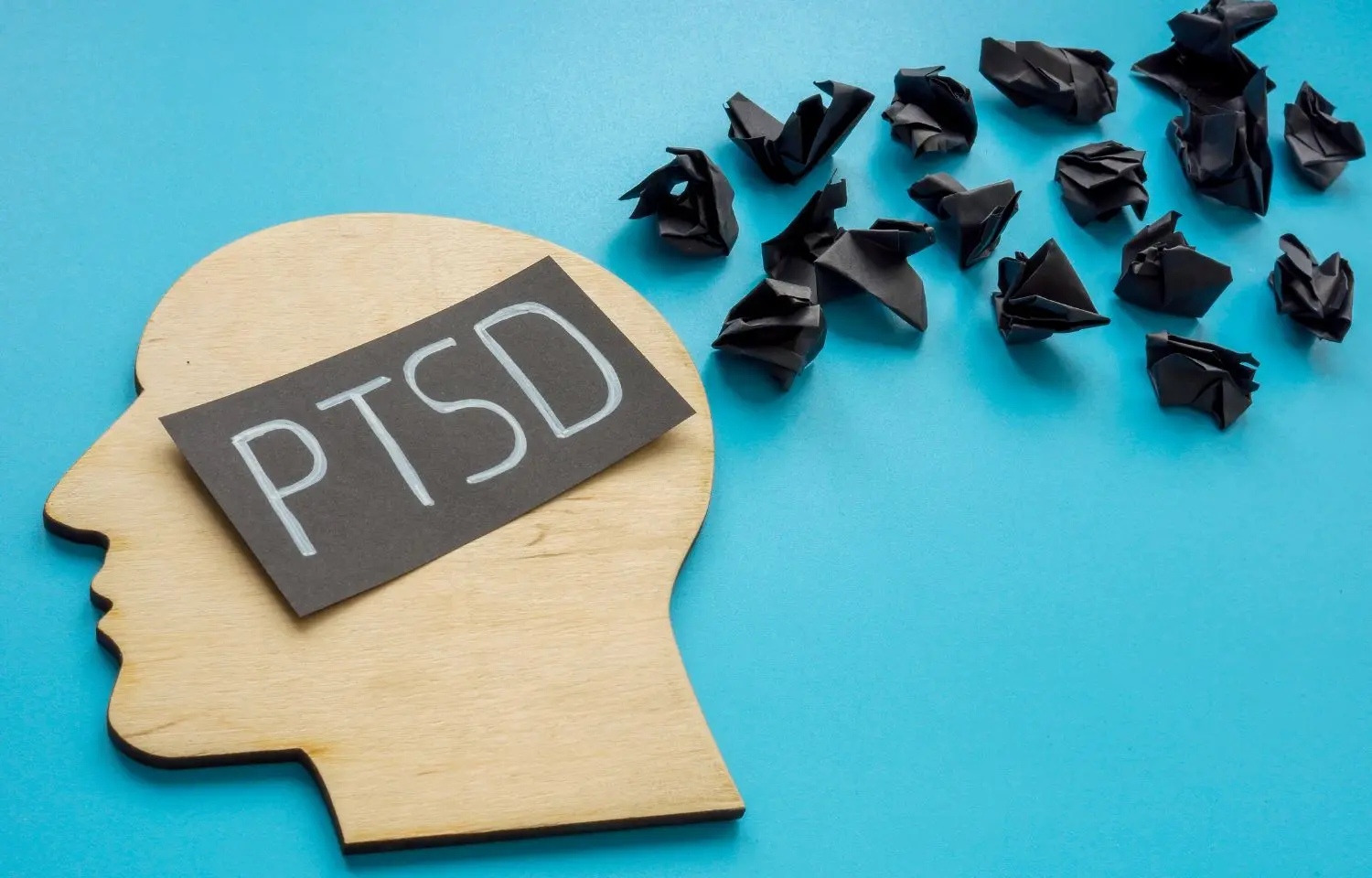- Home
- Medical news & Guidelines
- Anesthesiology
- Cardiology and CTVS
- Critical Care
- Dentistry
- Dermatology
- Diabetes and Endocrinology
- ENT
- Gastroenterology
- Medicine
- Nephrology
- Neurology
- Obstretics-Gynaecology
- Oncology
- Ophthalmology
- Orthopaedics
- Pediatrics-Neonatology
- Psychiatry
- Pulmonology
- Radiology
- Surgery
- Urology
- Laboratory Medicine
- Diet
- Nursing
- Paramedical
- Physiotherapy
- Health news
- Fact Check
- Bone Health Fact Check
- Brain Health Fact Check
- Cancer Related Fact Check
- Child Care Fact Check
- Dental and oral health fact check
- Diabetes and metabolic health fact check
- Diet and Nutrition Fact Check
- Eye and ENT Care Fact Check
- Fitness fact check
- Gut health fact check
- Heart health fact check
- Kidney health fact check
- Medical education fact check
- Men's health fact check
- Respiratory fact check
- Skin and hair care fact check
- Vaccine and Immunization fact check
- Women's health fact check
- AYUSH
- State News
- Andaman and Nicobar Islands
- Andhra Pradesh
- Arunachal Pradesh
- Assam
- Bihar
- Chandigarh
- Chattisgarh
- Dadra and Nagar Haveli
- Daman and Diu
- Delhi
- Goa
- Gujarat
- Haryana
- Himachal Pradesh
- Jammu & Kashmir
- Jharkhand
- Karnataka
- Kerala
- Ladakh
- Lakshadweep
- Madhya Pradesh
- Maharashtra
- Manipur
- Meghalaya
- Mizoram
- Nagaland
- Odisha
- Puducherry
- Punjab
- Rajasthan
- Sikkim
- Tamil Nadu
- Telangana
- Tripura
- Uttar Pradesh
- Uttrakhand
- West Bengal
- Medical Education
- Industry
Capnometry Guided Respiratory Intervention reduced panic and stress levels of PTSD patients: Frontiers

A new study published in Frontiers in Digital Health showed that a considerable rate of symptom reduction and adherence was noticed in 1,569 patients who received Capnometry Guided Respiratory Intervention (CGRI) with respect to panic and stress.
Capnometry Guided Respiratory Intervention, a prescription digital therapeutic for the treatment of panic disorder (PD) and post-traumatic stress disorder, has consistently demonstrated clinical benefit in earlier clinical trials. As a result, Robert N. Cuyler and colleagues carried out this study with the intention of reporting actual results in a number of patients who received the intervention in clinical practice.
In a large real-world series of patients receiving CGRI for panic disorder and PTSD, this research offers pre- and post-treatment self-reported symptom reduction, measurements of respiration rate and end-tidal carbon dioxide levels, drop-out and adherence rates taken from an automated data repository. Patients implemented the intervention at home with telehealth coaching's assistance. Following evaluation by a healthcare professional, patients with panic disorder (n = 1,395) or posttraumatic stress disorder (n = 174) who met the symptom criteria were treated. Pre- and post-treatment scores on the self-reported Posttraumatic Stress Disorder Checklist for DSM-5 (PCL-5) and Panic Disorder Severity Scale (PDSS) were obtained.
The key findings of this study were:
Patients with panic disorder (PD) had a mean reduction in overall PDSS scores from pre- to post-treatment of 50.2%. Sixty-five percent of PD patients showed treatment response rates.
Patients with PTSD saw a drop in their overall PCL-5 scores of 41.1% from pre- to post-treatment.
The rate of PTSD treatment success was 72.4%. 55.7% of patients with panic disorder and 53.5% of patients with PTSD were categorized as treatment responders using the Reliable Change Index in a separate examination of response at the individual level.
Patients who had baseline exhaled CO2 levels that were normal or below-normal benefited similarly.
Mean adherence rates of 74.8% (for PD) and 74.9% (for PTSD) were seen during the course of the 28-day therapy.
The dropout rates for PD and PTSD were 10% and 11%, respectively.
In conclusion, the short duration of treatment, high rates of adherence, and clinical benefit imply that CGRI offers a significant improvement over existing PTSD and panic disorder treatment options.
Reference:
Cuyler, R. N., Katdare, R., Thomas, S., & Telch, M. J. (2022). Real-world outcomes of an innovative digital therapeutic for treatment of panic disorder and PTSD: A 1,500 patient effectiveness study. In Frontiers in Digital Health (Vol. 4). Frontiers Media SA. https://doi.org/10.3389/fdgth.2022.976001
Neuroscience Masters graduate
Jacinthlyn Sylvia, a Neuroscience Master's graduate from Chennai has worked extensively in deciphering the neurobiology of cognition and motor control in aging. She also has spread-out exposure to Neurosurgery from her Bachelor’s. She is currently involved in active Neuro-Oncology research. She is an upcoming neuroscientist with a fiery passion for writing. Her news cover at Medical Dialogues feature recent discoveries and updates from the healthcare and biomedical research fields. She can be reached at editorial@medicaldialogues.in
Dr Kamal Kant Kohli-MBBS, DTCD- a chest specialist with more than 30 years of practice and a flair for writing clinical articles, Dr Kamal Kant Kohli joined Medical Dialogues as a Chief Editor of Medical News. Besides writing articles, as an editor, he proofreads and verifies all the medical content published on Medical Dialogues including those coming from journals, studies,medical conferences,guidelines etc. Email: drkohli@medicaldialogues.in. Contact no. 011-43720751


